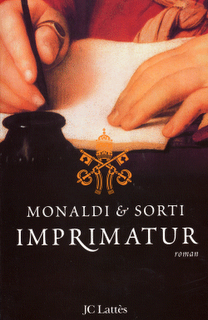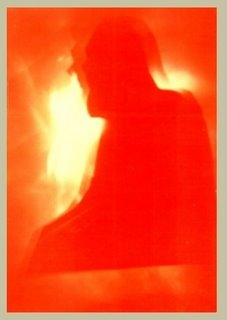 : a peddler of religious books
: a peddler of religious books Example sentence:
When she was working as a colporteur, Lena found some people to be more receptive to her offerings than others.
Did you know?
In 19th-century America, the word "colporteur" (a French borrowing meaning "peddler") came to be used especially of door-to-door peddlers of religious books and tracts, and it has carried that specific sense into the 21st century. The word traces to the Latin prefix "com-" ("together") plus the verb "portare" ("to carry"), two elements that were brought together to create "comportare" ("to bring together"). Middle French speakers tucked that word into their linguistic pack as "comporter" ("to carry" or "to peddle"), giving rise to "comporteur." Over time, perhaps influenced by the phrase "porter à col" ("to carry on one's back or neck"), the term's spelling shifted to the form now used.
























